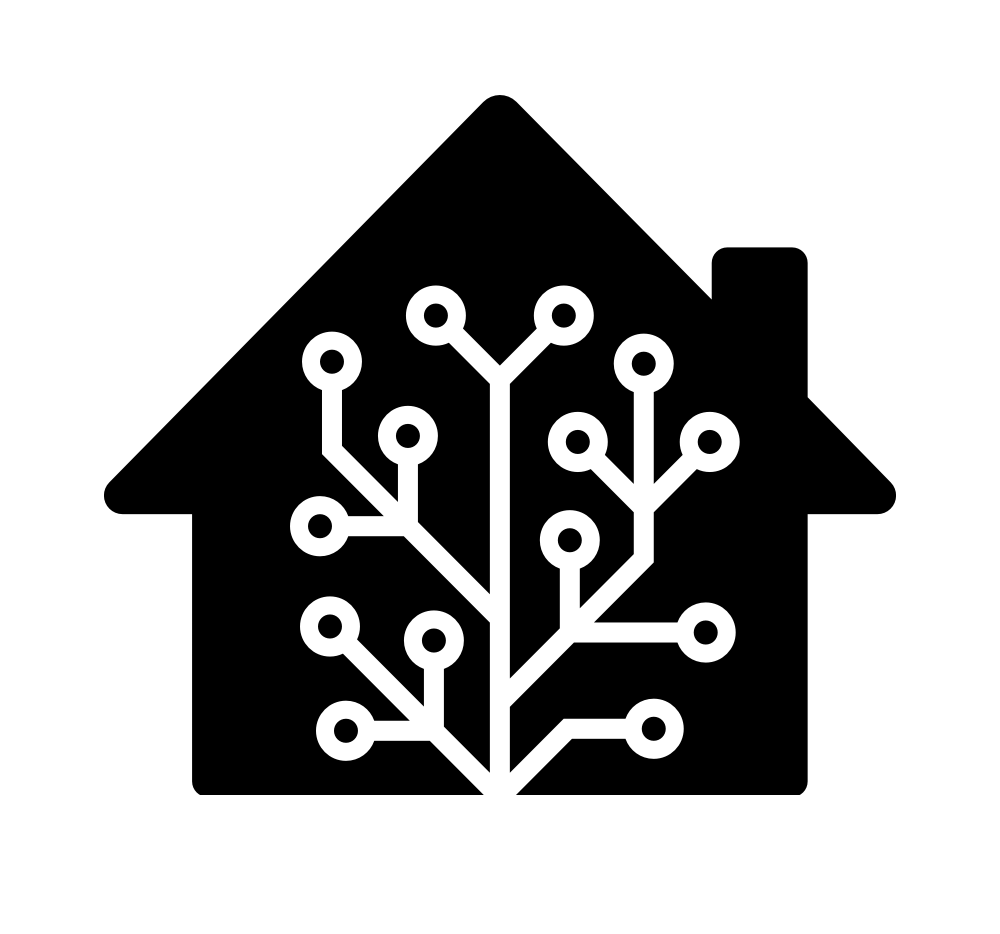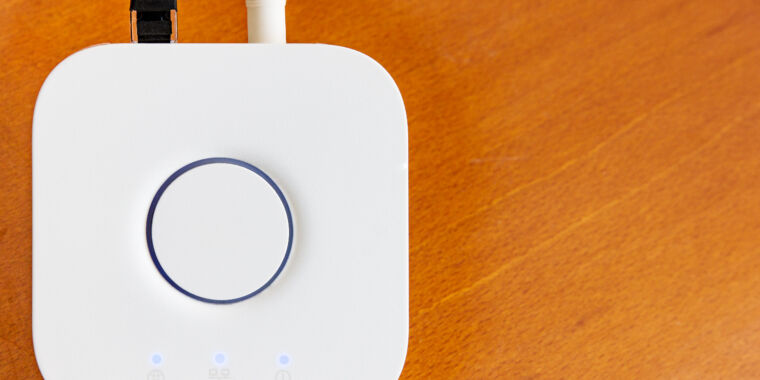When I started at Ars in the summer of 2022, the next generation of smart home standards was on the way. Matter, an interoperable device setup and management system, and Thread, a radio network that would provide secure, far-reaching connectivity optimized for tiny batteries. Together, they would offer a home that, while well-connected, could also work entirely inside a home network and switch between controlling ecosystems with ease. I knew this tech wouldn’t show up immediately, but I thought it was a good time to start looking to the future, to leave behind the old standards and coalesce into something new.
Instead, Matter and Thread are a big mess, and I am now writing to tell you that I was wrong, or at least ignorant, to have ignored the good things that already existed: Zigbee and Z-Wave. I’ve put in my time with Wi-Fi, Bluetooth, and various brittle combinations of the two. They’re useful for data-rich devices and for things that can stay plugged in. Zigbee and Z-Wave have been around, but they always seemed fidgety, obscure, and vaguely European at a glance. But here, in the year 2024, I am now an admirer of both, and I think they still have a place in our homes.



This is the best summary I could come up with:
Matter, an interoperable device setup and management system, and Thread, a radio network that would provide secure, far-reaching connectivity optimized for tiny batteries.
I knew this tech wouldn’t show up immediately, but I thought it was a good time to start looking to the future, to leave behind the old standards and coalesce into something new.
They did not, like a Nest camera above a former garage, lose signal midway through an update and require a 6-foot ladder and multiple support phone calls for a reset.
They did not, like a couple Tuya devices I acquired, require registering as a Canadian IoT developer to get local control (long story).
I have never tried to turn on a Hue bulb, had it fail, and then start wondering if it was my router, an Amazon Web Services outage, or just a cruddy little antenna inside the thing.
And while I didn’t know it back then, there was always the option to reset the bulbs and have them run on straight Zigbee, even if you lose some niceties, like fading and multi-bulb schemes.
The original article contains 644 words, the summary contains 180 words. Saved 72%. I’m a bot and I’m open source!